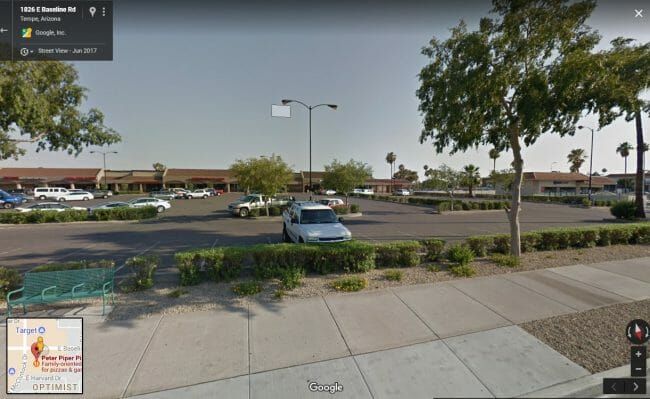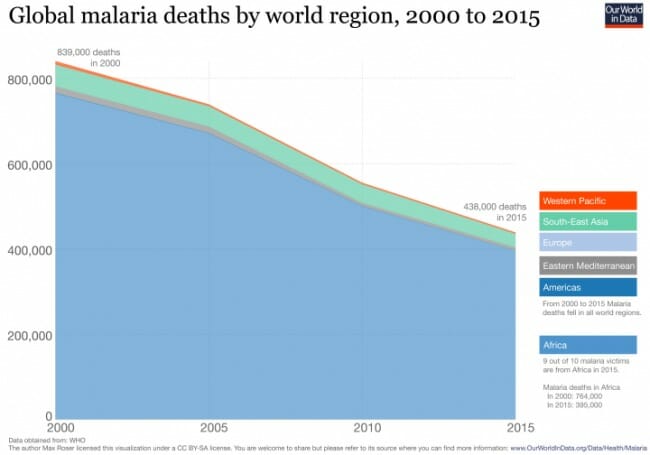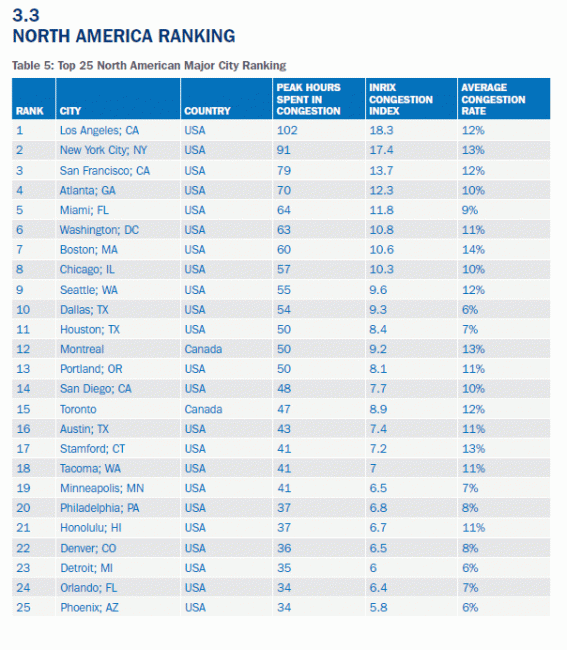NCAA: The World's Last Bastion of British Aristocratic Privilege
It is incredible to me that we still fetishize amateurism, which in a large sense is just a holdover from British and other European aristocracies. Historically, the mark of the true aristocrat was one who was completely unproductive. I am not exaggerating -- doing any paid work of any sort made one a tradesman, and at best lowered ones status (in England) or essentially caused your aristocratic credentials to be revoked (France).
The whole notion of amateurism was originally tied up in this aristocratic nonsense. It's fine to play cricket or serve in Parliament unpaid, but take money for doing so and you are out. This had the benefit of essentially clearing the pitch in both politics and sports (and even fields like science, for a time) for the aristocracy, since no one else could afford to dedicate time to these pursuits and not get paid. These attitudes carried over into things like the Olympics and even early American baseball, though both eventually gave up on the concept as outdated.
But the one last bastion of support of these old British aristocratic privileges is the NCAA, which still dedicates enormous resources, with an assist from the FBI, to track down anyone who gets a dollar when they are a college athlete. Jason Gay has a great column on this today in the WSJ:
This is where we are now, like it or not. College basketball—and college football—are not the sepia-toned postcards of nostalgia from generations past. They’re a multibillion dollar market economy in which almost everyone benefits, and only one valve—to the players—is shut off, because of some creaky, indefensible adherence to amateurism. Of course some money finds its way to the players. That’s what the details of this case show. Not a scandal. A market.
Don’t look for the NCAA to acknowledge this, however. “These allegations, if true, point to systematic failures that must be fixed and fixed now if we want college sports in America. Simply put, people who engage in this kind of behavior have no place in college sports,” NCAA president Mark Emmert said in a statement that deserved confetti and a laughing donkey noise at the end of it.
I am not necessarily advocating that schools should or should have to pay student athletes, though that may (as Gay predicts) be coming some day. But as a minimum the ban on athletes accepting any outside money for any reason is just insane. As I wrote before, athletes are the only students at a University that are not allowed to earn money in what they are good at. Ever hear of an amateurism requirement for student poets? For engineers?
When I was a senior at Princeton, Brooke Shields was a freshman. At the time of her matriculation, she was already a highly paid professional model and actress (Blue Lagoon). No one ever suggested that she not be allowed to participate in the amateur Princeton Triangle Club shows because she was already a professional.
When I was a sophomore at Princeton, I used to sit in my small dining hall (the now-defunct Madison Society) and listen to a guy named Stanley Jordan play guitar in a really odd way. Jordan was already a professional musician (a few years after he graduated he would release an album that was #1 on the jazz charts for nearly a year). Despite the fact that Jordan was a professional and already earned a lot of money from his music, no one ever suggested that he not be allowed to participate in a number of amateur Princeton music groups and shows.
My daughter is an art major at a school called Art Center in Pasadena (where she upsets my preconceived notions of art school by working way harder than I did in college). She and many, if not most of her fellow students have sold their art for money already, but no one as ever suggested that they not be allowed to participate in school art shows and competitions.
I actually first wrote about this in Forbes way back in 2011. Jason Gay makes the exact same points in his editorial today. Good. Finally someone who actually has an audience is stating the obvious:
In the shorter term, I like the proposals out there to eliminate the amateurism requirement—allow a college athlete in any sport (not just football or basketball) to accept sponsor dollars, outside jobs, agents, any side income they can get. The Olympics did this long ago, and somehow survived. I also think we’ll see, in basketball, the NBA stepping up and widening its developmental league—junking the dreadful one-and-one policy, lowering its age minimum, but simultaneously creating a more attractive alternative to the college game. If a player still opts to go to college, they’ll need to stay on at least a couple of seasons.
If you still think the scholarship is sufficient payment for an athlete in a high-revenue sport, ask yourself this question. There are all kinds of scholarships—academic, artistic, etc. Why are athletic scholarship recipients the only ones held to an amateurism standard? A sophomore on a creative writing scholarship gets a short story accepted to the New Yorker. Is he or she prohibited from collecting on the money? Heck no! As the Hamilton Place Strategies founder and former U.S. treasury secretary Tony Fratto succinctly put it on Twitter: “No one cares about a music scholarship student getting paid to play gigs.”






